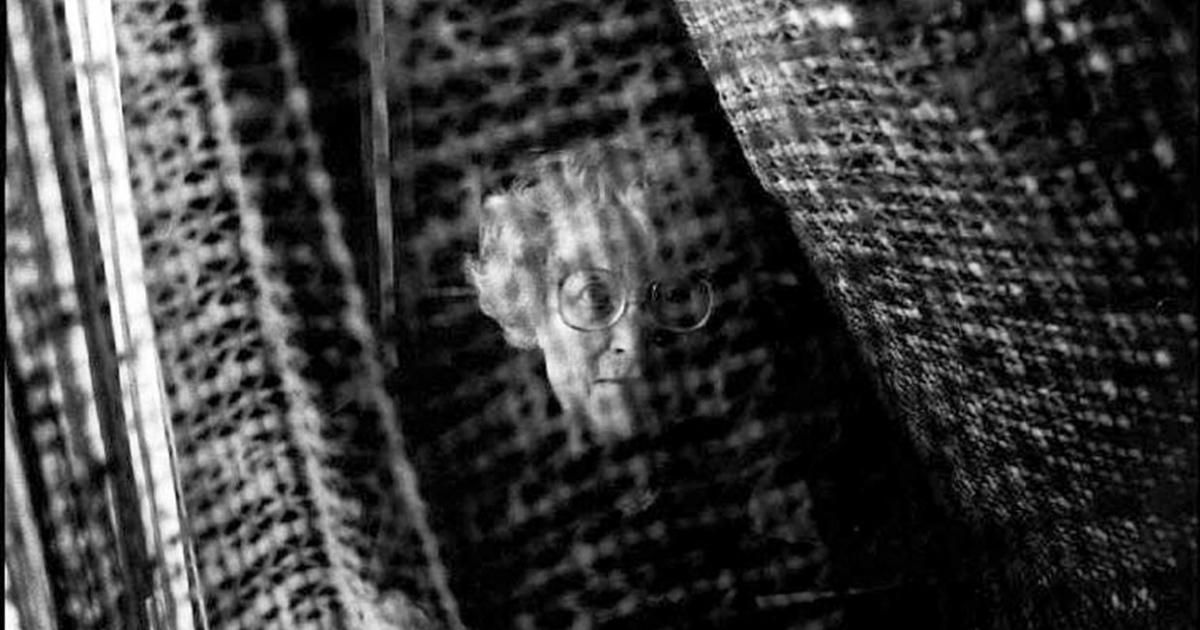


MARY IDA FINK PROFESSIONAL
She frequently heard antisemitic remarks and understood that the changing political climate would radically circumscribe her education and professional aspirations. The family spoke Polish and German at home, rather than Yiddish.īy the time Ida Landau began her studies in gymnasium, the Nazi presence in Poland could be felt. Fink’s younger sister, Elsa, was born in 1922. Part of the Polish intelligentsia, they had a strong sense of identity as Jews and numbered both Jews and non-Jews in their social sphere. Her father was a physician, and her mother had a doctorate in natural sciences. Theirs was a family of secular Jews, well integrated into Polish culture. Ida Landau was born in Zbarazh, Poland (today, Ukraine) on November 1, 1921, to Ludwig and Fannie/Francisca (Stein) Landau. Her writing gives shape to the inner lives of victims and human faces to their experiences, while exposing the callousness of onlookers and the complicated motives even of rescuers. In a very different sense, the question might be applied to Fink’s oeuvre as a whole, which, through memory and imagination, resurrects victims, survivors, perpetrators, and others connected to the Nazi genocide. Zophia’s caustic question pertains to many of the characters that populate the world of Fink’s fiction and drama-survivors struggling with memory, radical bereavement, and the aftershock of atrocity. Years later, a solitary adult, she lives in studied self-sufficiency and with a discordant cheerfulness that she understands is a “symptom,” presumably of trauma. As a child, Zophia survived the war in solitude and silence, hiding in a barn and scavenging for food under cover of darkness at night. "I'll open up in a minute, I'm just looking for the keys," the child called out.“Did you ever see someone who was killed in the war but who is still alive?” With this trenchant remark, the central character of Ida Fink’s short story “Cheerful Zophia” encapsulates the after-effect of the Holocaust on her own life. The woman, who alone remained in her chair, clenched her eyes shut as if she were feeling a sudden, sharp pain. At the sound of chimes ringing so musically from his mother's lips, the boy jumped up from his chair and ran to the front door, which was separated from the main room by a narrow strip of corridor. Her "ding-dong" was quite a soft, lovely bell. Then the woman called out softly, "Ding-dong." She was imitating the doorbell and she did it beautifully. He stood up and walked towards the bathroom door. They were still two or three minutes off. He didn't answer because he was not sure if this really would be the last rehearsal. Isn't that right?" she asked her husband. "W e'll play the key game just one more time only today. The woman, who didn't actually take part in the game, stroked the boy's hair. Seeing his father put out his cigarette, he shuddered and opened his blue eyes even wider. Even though the man tried his best and his movements were agile and quick, the fault was his and not the child's. The day had long since ended, and they could have gone to sleep, but first they had to play the game that they had been playing every day for two weeks and still had not got right. This blinking had begun soon after they fled the second apartment. His eyes were blood-shot and he kept blinking in a funny way. The boy sat erect, his back straight, his eyes fixed on his father, but it was obvious that he was so sleepy he could barely sit up. Lately they had been talking a lot about the boy's blue eyes and chubby cheeks.

The three of them sat there: the woman, her husband, and their chubby, blue-eyed, three-year-old child. The woman came back into the room and sat down again at the table. It was their third apartment since the start of the war they had abandoned the other two in a hurry. The kitchen was mottled with patches of dampness and had a dull, yellowish light, even gloomier than in the main room. by Ida Fink They had just finished supper and the woman had cleared the table, carried the plates to the kitchen, and placed them in the sink. A short story on a Jewish family in the Holocaust.


 0 kommentar(er)
0 kommentar(er)
